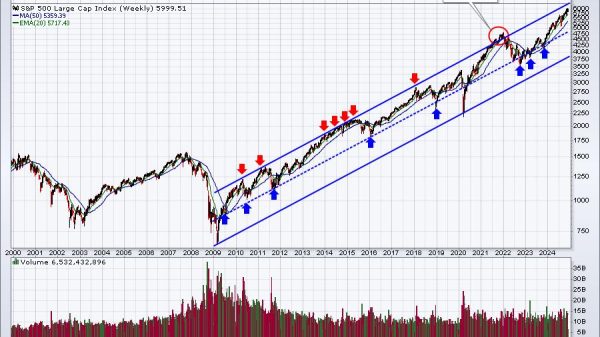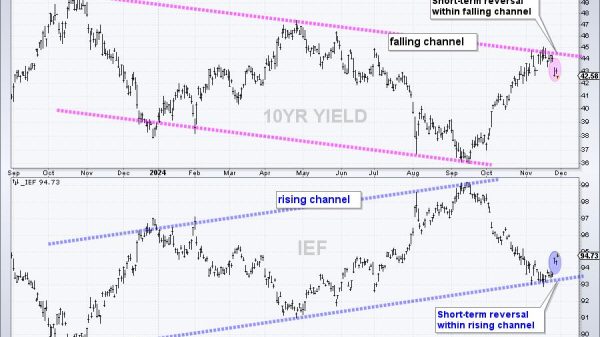A record number of Brits are returning to the workforce in a sign that labour shortages that have held back economic growth and pushed up inflation are starting to unwind, official figures out today show.
A net 251,000 people flowed out of economic inactivity in the three months to March compared to the previous quarter, the highest total the Office for National Statistics (ONS) has recorded since it started monitoring the data.
Since the Covid-19 pandemic, Britain has been grappling with an unusual increase in people dropping out of the jobs market altogether. Other countries in the G7 have registered increases in worker participation.
Economic activity – which refers to people out of the job and not looking for one – has jumped since the start of the virus and the ONS said today the rate was up 0.8 percentage points over the same period.
Experts have identified several reasons for the spike in idleness, including long-term sickness possibly related to patients being unable to receive routine care as a result of the enormous NHS backlog.
The ONS said the volume of people within the economic inactivity cohort due to persistent sickness climbed to a record high last quarter.
There has also been a jump in older workers taking early retirement and a rise in the student population, each of which have raised economic inactivity rates.
Within the ONS’s figures, there are signs companies are responding to the UK’s economic slow down by trimming staff to shore up their finances.
“The number of people on employers’ payrolls fell in April for the first time in over two years,” Darren Morgan, director of economic statistics at the ONS, said.
Over the last month, payrolled workers – which is tracked using more up-to-date HMRC numbers – fell 136,000.
Britain’s unemployment rate nudged higher to 3.9 per cent, although that is still historically low.
Workers’ living standards continue to be crimped by inflation, which has raged all year and is still running high at 10.1 per cent.
“Growth in total and regular pay fell in real terms (adjusted for inflation) on the year in January to March 2023, by three per cent for total pay and two per cent for regular pay,” the ONS said.
Read more:
Record number of Brits return to workforce but inflation continues to wipe out pay growth
























